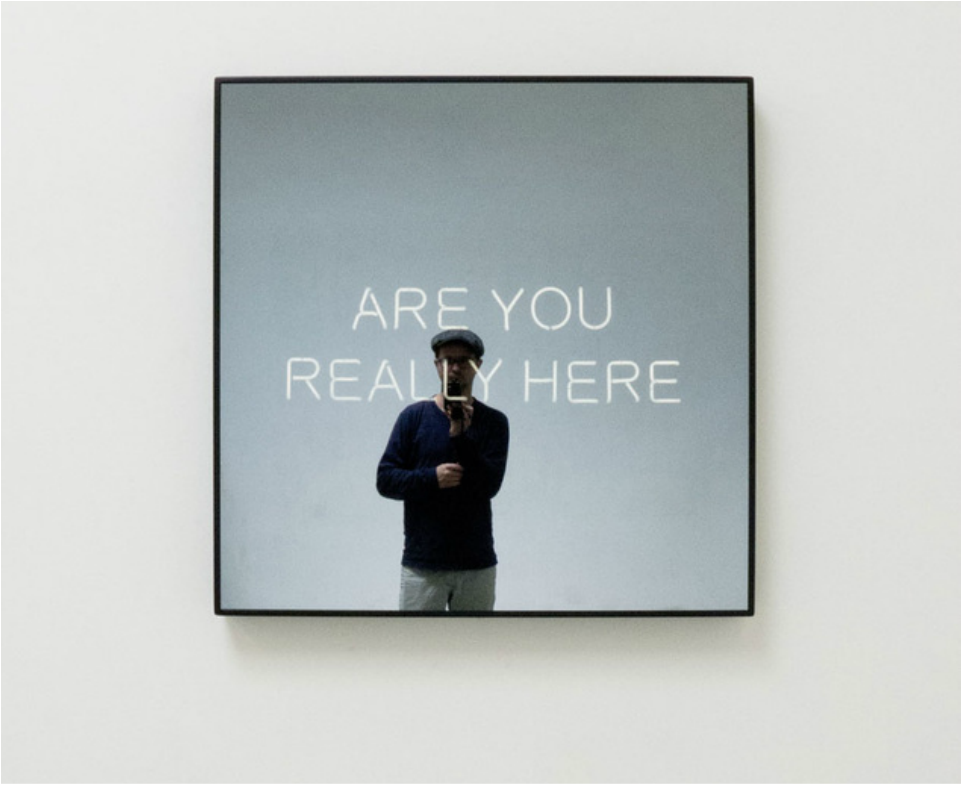⊕ PSYCHOLOGY
“We need to re-learn the value of calculated moments of self-compassion; we need to appreciate the role of self-care in a good, ambitious and fruitful life.”“Compassion,” wrote historian Karen Armstrong in considering the proper meaning of the Golden Rule, “asks us to look into our own hearts, discover what gives us pain, and then refuse, under any circumstance whatsoever, to inflict that pain on anybody else.” In her beautiful ode to compassion, Lucinda Williams urged: “Have compassion for everyone you meet … You do not know what wars are going on down there, where the spirit meets the bone.”
And yet even the most compassionate among us have one sizable blind spot: the self. Our culture’s epidemic of self-criticism has left us woefully unskilled at self-compassion — that essential anchor of sanity, which both grounds and elevates our spirit. In this short, immensely helpful exercise, The School of Life offers a daily self-compassion practice so simple that cynics might mistake it for simplistic — and yet out of its simplicity arises a profound reorientation to our own selves. To survive in this high-pressured, crazy world, most of us have to become highly adept at self-criticism. We learn how to tell ourselves off for our failures, and for not working hard or smart enough. But so good are we at this that we’re sometimes in danger of falling prey to an excessive version of self-criticism — what we might call self-flagellation: a rather dangerous state, which just ushers in depression and underperformance. We might simply lose the will to get out of bed. For those moments, we need a corrective — we need to carve out time for an emotional state of which many of us are profoundly suspicious: self-compassion. We’re suspicious because this sounds horribly close to self-pity. But because depression and self-hatred are serious enemies of a good life, we need to appreciate the role of self-care in a good, ambitious, and fruitful life. ___________ Complement with my commencement address on the discipline of resisting cynicism and self-compassion and Ann Patchett on why self-forgiveness is the most important ingredient in making art, then revisit the School of Life’s sensitive and sobering animated essays on higher consciousness, what great books do for the soul, how to stop letting habit blunt your aliveness, what philosophy is for, how to find fulfilling work, and what comes after religion. |
MORE
|
|

